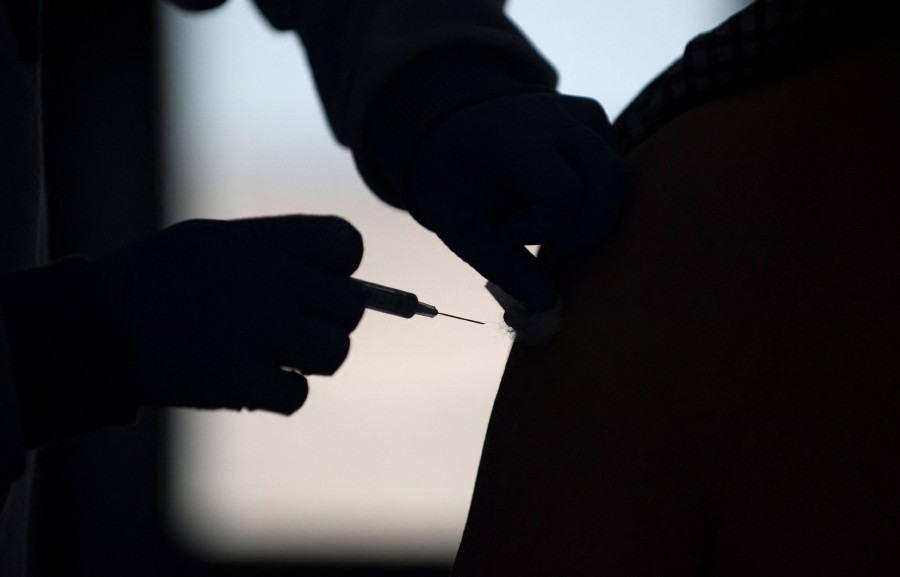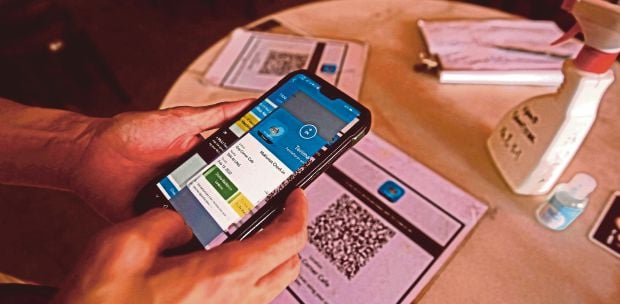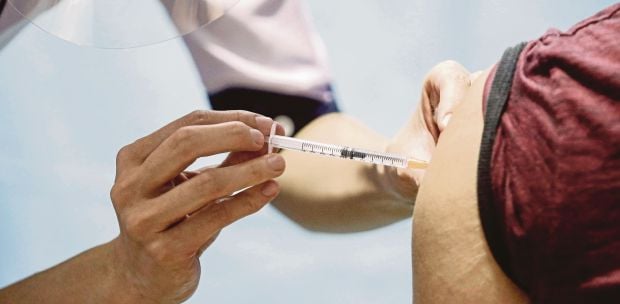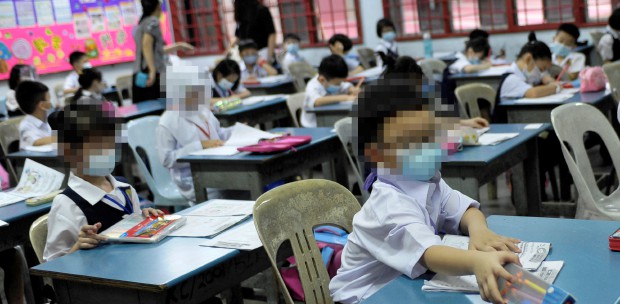WHEN Malaysia started the Covid-19 vaccination programme last February, it was going into a process that no country had experienced in living memory: the mass vaccination of at least 70 per cent of its population in the fastest time possible.
At the time, it was hoped that as more people got vaccinated, infection figures would drop as herd immunity grew. But when it was learnt that natural immunity was not guaranteed — and that herd immunity may remain as an abstract concept — vaccination became even more urgent and the target percentage was raised to include everyone residing in Malaysia, with some medical exceptions.
Now, 11 long months on, the country has vaccinated 97.7 per cent of its adult population and 78.5 per cent of its total population. Vaccination for 11-year-olds and under is expected to begin sometime in the second half of this year.
But as immunity from the primary vaccination wanes — and many are facing this as we opted for the Sinovac vaccine for a large portion of the population in the beginning — it has become necessary for booster shots to be given.
The government is even mulling a fourth shot for Sinovac-Sinovac-Pfizer recipients. In the last few weeks, walk-ins at vaccination centres have led to large crowds and queues from morning till closing time of people tripping over themselves to get boosted.
Waning immunity aside, the crowds are also pushed by the government's warning that senior citizens and people who received Sinovac as their primary vaccination must get boosted by the end of February or risk losing their fully vaccinated status.
In addition, the interval period for boosters has been shortened to three months regardless of vaccine type for the primary vaccination. Hence, the stampede, such that the government has had to disallow walk-ins and has instead told everyone to just wait for their appointment date via their MySejahtera account.
So we come full circle. Except, nearly a year into the vaccination process, one would think things would be more organised by now. True, it is not as chaotic as it was in the beginning, but it should be so much better.
Why are appointments still so last minute, with only a few days' notice? A year ago, people had to register or be persuaded to register to get vaccinated. Now, everyone is already registered and their vaccination status and date of their last primary shot should be in the system.
So why can't appointments be given weeks in advance? With the domestic economy fully re-opened, most people have gone back to work, schools are set to reopen next week and everyone has schedules to juggle.
A last-minute appointment notification leaves the common man with very little time to apply for leave, arrange for a replacement worker or find a babysitter. For instance, several of this newspaper's editors got their booster shot appointment dates at the last minute, many for the same day, which then required this month's work roster to be completely redone.
Why do notifications come at the last minute? Why must the entire population waste their time checking the MySejahtera app every morning and evening for fear that they may miss the notification for their appointment? While getting vaccinated against Covid-19 is a life and death situation and should take priority, the government would earn a lot more goodwill if it showed more consideration for the people's time.





